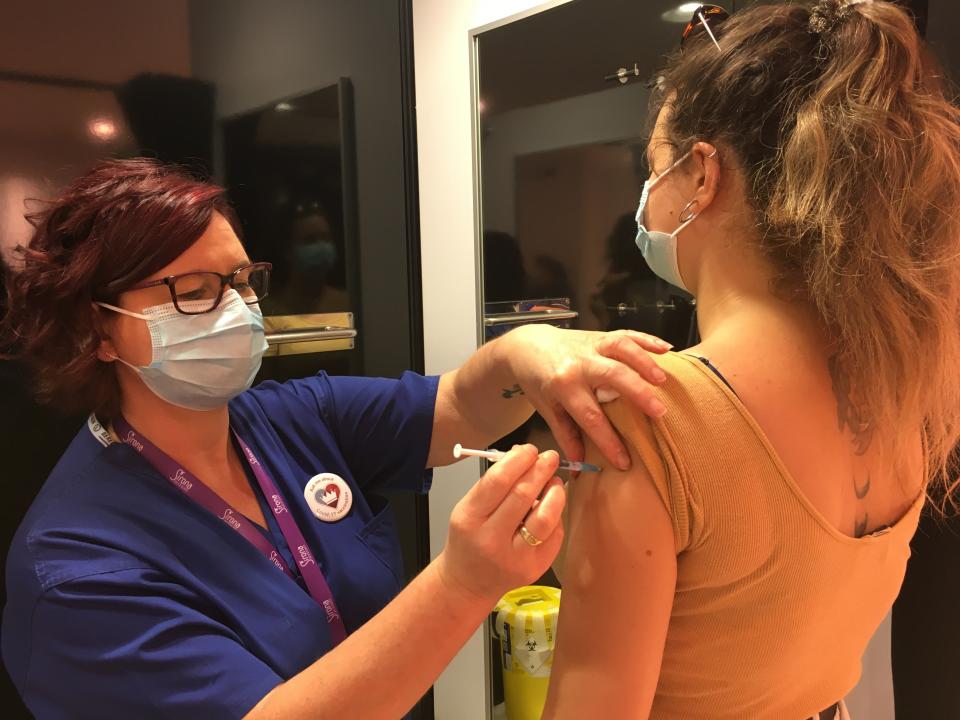Running NHS closer to full capacity ‘made UK’s Covid response more expensive’

Running the NHS closer to full capacity made the UK’s response to the Covid-19 crisis more expensive, according to a Government economic adviser.
Office for Budget Responsibility chairman Richard Hughes said that while nearly all countries had some kind of furlough scheme and had to increase their spending on healthcare, the UK Government was forced to spend much more to protect its citizens.
“Part of the explanation is that we were worse hit by the pandemic itself,” he said, citing case numbers and longer lockdowns.
“That just meant that we had to spend more money on healthcare to deal with the consequences of the pandemic for the health service,” Mr Hughes told MPs on the Treasury Select Committee.
We had a more severe recession, we spent more time in lockdown and that meant we had to spend more on support to individuals and businesses to get them through the pandemic
OBR chairman Richard Hughes
“And also we had a more severe recession, we spent more time in lockdown and that meant we had to spend more on support to individuals and businesses to get them through the pandemic.”
“But it is also the case – and there may be some connection between the two – that we went into the pandemic both with less spare capacity in the health service compared with other advanced economies.
“Including things like doctors and nurses per capita, ICU beds per capita … and also we had a welfare system which was relatively ungenerous to working people on middle incomes.
“This meant that we had to cobble together the furlough scheme to manage the number of people who had to temporarily exit employment during the pandemic, and that also added to the cost.”
The OBR found that the UK’s spending on the pandemic was the third largest among 35 advanced economies.
However Mr Hughes warned against assuming that by spending more on the NHS the UK could insulate itself from the next financial crisis.
“What if the next shock is a cyber attack? What if the next shock is out-of-control climate change?
“You might have spent a lot in one area and wish you had firepower left to spend in another area. “
Read More
Shops face struggle to avoid empty shelves over ‘pingdemic’, industry bosses say
EU tells UK it will not renegotiate terms of Northern Ireland’s Brexit deal
Bank of England vows action after report reveals poor racial diversity

 Yahoo Finance
Yahoo Finance 